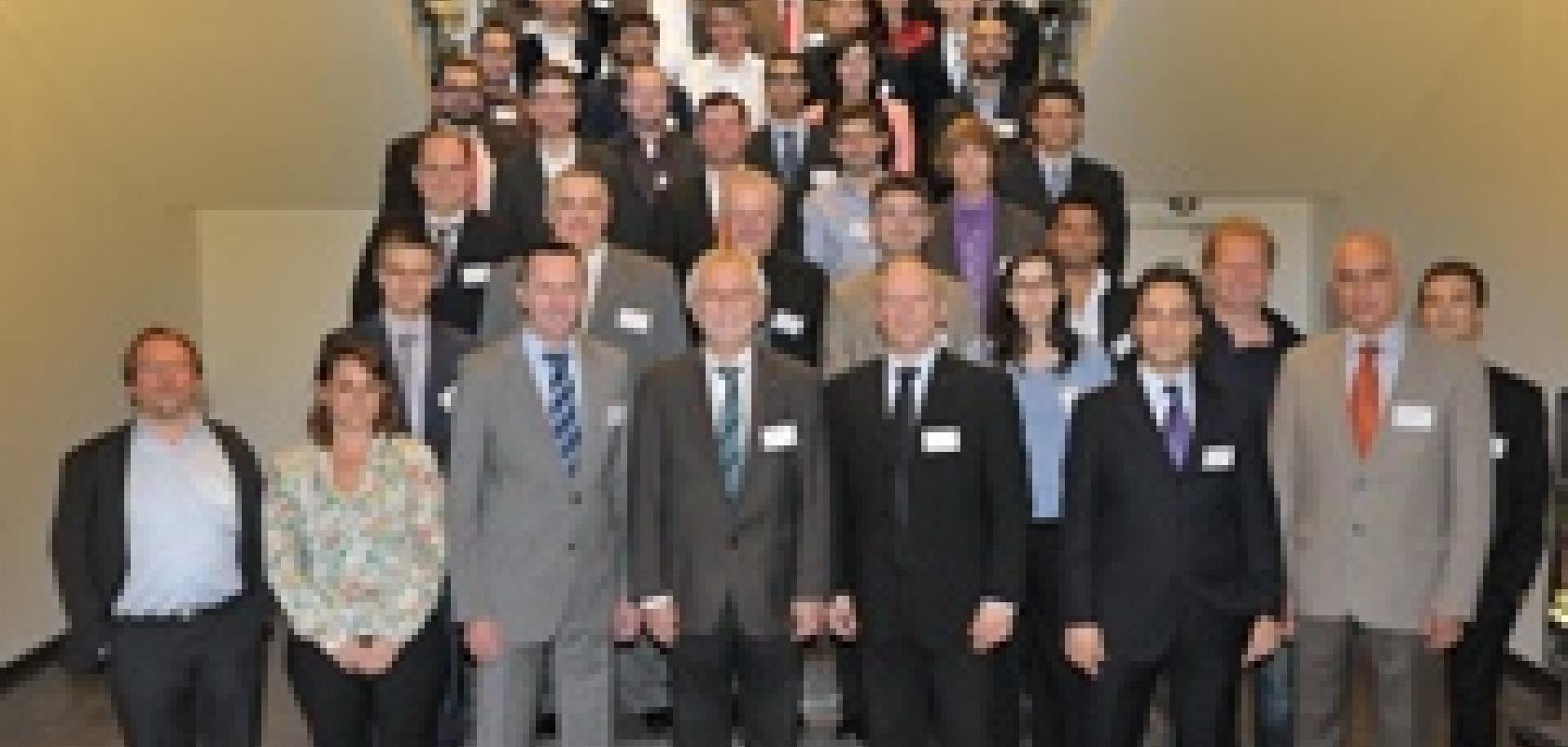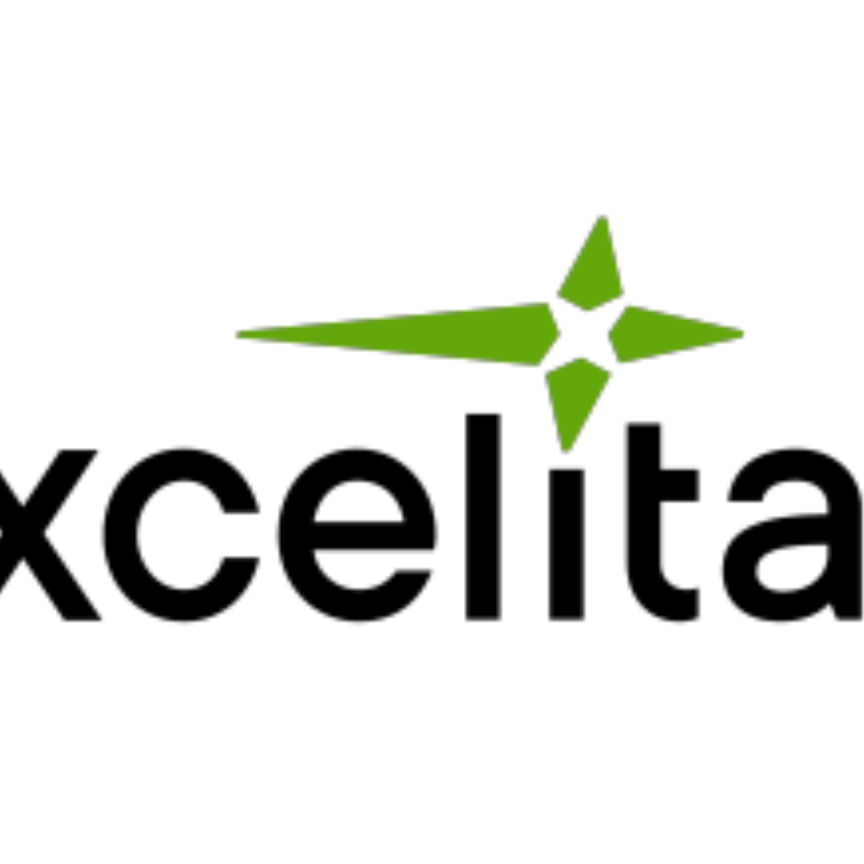A new EU co-funded project has been launched to accelerate the transfer of laser technology into industrial processes. The Lashare project, which brings together six European research institutes under the leadership of the Fraunhofer Institute for Laser Technology ILT, will help 30 SMEs get their manufacturing technologies to market more quickly.
Lashare has support from the EU FP7-FoF (Factories of the Future) programme and will run for four years with a budget of almost €15 million.
The project aims to help small and medium-sized partners, in the role of suppliers, to develop laser-based equipment with a view to improve new manufacturing processes.
Often, new laser-based manufacturing techniques employ specific, standalone solutions that have previously only been demonstrated in a laboratory setting. The pitfalls in the translation from a lab-demonstrated solution to industrially robust manufacturing equipment are many. It may be, for instance, that parts of the solution were developed at a time when the final specifications were still unknown, or that the components are not sufficiently robust for everyday use.
To accomplish its aims, Lashare has launched fourteen Laser-based Equipment Assessments (LEAs) for a diverse array of laser applications. These range from large-scale technologies such as the welding of ship components, to nanotechnologies such as the structuring of surfaces using ultrashort pulse lasers.
First, users define the industrial requirements for the laser-based equipment, which they will later evaluate in an industrial-scale manufacturing setting at the end of the LEA. Research partners, working with the users and suppliers, will establish the Lashare Assessment Framework, which will define the best technical solution for the requirements. Finally, suppliers will use the results from the assessment framework, and implement robust laser-based solutions that meet end-user requirements.
In this way, LEAs speed up the transfer of laboratory solutions to real manufacturing applications. Fourteen LEAs are running from the beginning of the project and will be joined by eight to twelve others during the project through a competitive call.


